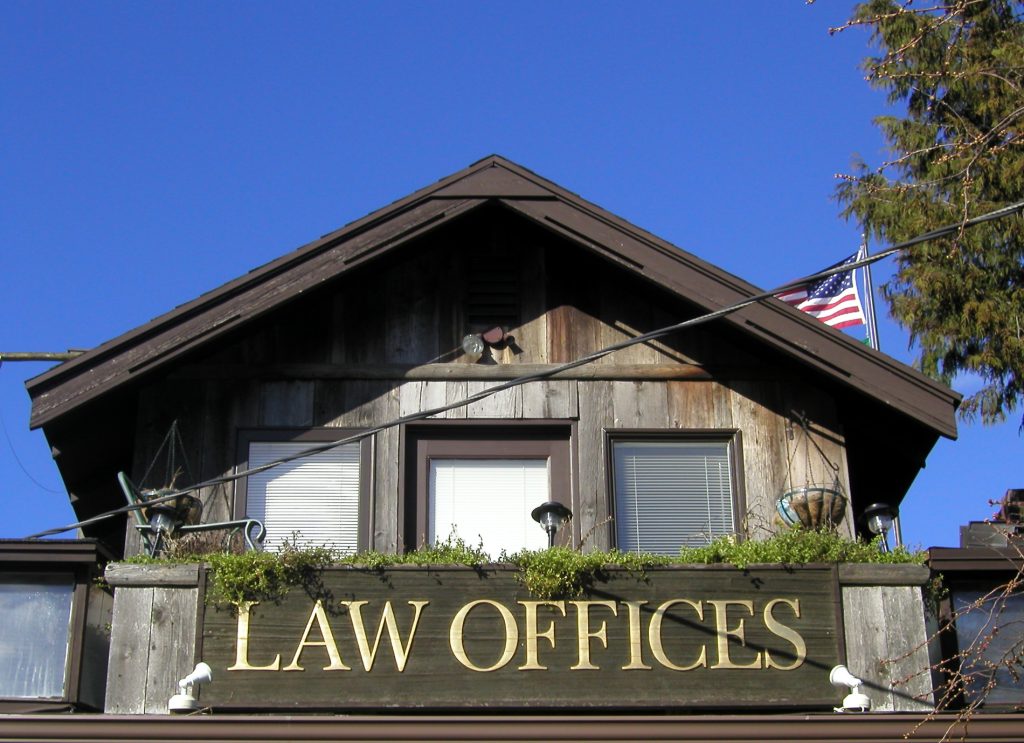 When bringing a negligence lawsuit to recover damages for injuries sustained as a result of another person’s failure to act with due care, it is important to ensure that that sufficient evidence has been gathered in advance of the trial. A good lawyer knows that in order to properly safeguard against the tactic employed by the opposing party, one must be prepared to back up one’s claim. A case from the Louisiana First Circuit Court of Appeal highlights exactly this point.
When bringing a negligence lawsuit to recover damages for injuries sustained as a result of another person’s failure to act with due care, it is important to ensure that that sufficient evidence has been gathered in advance of the trial. A good lawyer knows that in order to properly safeguard against the tactic employed by the opposing party, one must be prepared to back up one’s claim. A case from the Louisiana First Circuit Court of Appeal highlights exactly this point.
In this case, Robert Lee Iles brought a lawsuit on behalf of his minor daughter, Jannah, who was a member of the color guard at Northshore High School (“NHS”) until she sustained an injury. As a member of the NHS color guard, Jannah attended a two-week band camp during the summer. At band camp, she practiced for two hours, two to three times a week after school, and worked alongside her color guard teammates in a daily one-hour class. She and her teammates received between nine to ten hours of instruction each week. Additionally, she received special training sessions to prepare for the Martin Luther King, Jr. (“MLK”) parade. According to Mr. Iles’ petition, Jannah sustained an injury while marching as a member of the NHS color guard while performing alongside the band at a MLK parade in Slidell, Louisiana.
Iles petition claimed that his daughter’s injury entitled the family to damages. The petition named a number of defendants, including: St. Tammany Parish School Board, NHS Band Boosters, Inc. and its insurer, the band director, the color guard director, the school principal, and the parents of her fellow NHS color guard member, Gabrielle Haley. Iles claimed the School Board was liable for the actions of its employees, thus justifying the inclusion of the band director, and that the Boosters paid the color guard director, so his inclusion was justified as well. Iles’ lawsuit further posited that the School Board and Boosters had failed to properly supervise or train the color guard students, giving rise to this action. Iles also sought additional damages from the defendants for failing to properly administer medical attention.
 Louisiana Personal Injury Lawyer Blog
Louisiana Personal Injury Lawyer Blog


 In Louisiana, employers are considered to be vicariously liable for the wrongdoings of their employees.
In Louisiana, employers are considered to be vicariously liable for the wrongdoings of their employees.  When land is expropriated by the government, there are many questions concerning how much money the government will owe you. Courts consider factors such as the appraised value of the property, relocation costs, inconvenience, and other possible damages. See
When land is expropriated by the government, there are many questions concerning how much money the government will owe you. Courts consider factors such as the appraised value of the property, relocation costs, inconvenience, and other possible damages. See  Doctors – we literally put our lives, and the lives of our loved ones, in their hands. It is the most frightening feeling to know that your loved one is in surgery, the possibility of death or complications is always imminent, no matter how small or standard of a surgery. This feeling of fright often turns to anger and pain once someone has lost a loved one. Especially, where we believe the death is due to the negligence of the very doctor we put in control of the fate of our lives.
Doctors – we literally put our lives, and the lives of our loved ones, in their hands. It is the most frightening feeling to know that your loved one is in surgery, the possibility of death or complications is always imminent, no matter how small or standard of a surgery. This feeling of fright often turns to anger and pain once someone has lost a loved one. Especially, where we believe the death is due to the negligence of the very doctor we put in control of the fate of our lives. 


 In filing any petition for damages before a court, timing is critical. And similarly critical is the clear articulation of one’s legal and factual complaints. Failure to timely and clearly raise a particular legal issue risks dismissal by the court. Defendants in litigation can and will use defensive pleadings known as “exceptions,” which seek to have a court dismiss a complaint or petition before the court considers it on the merits. The exception of prescription asserts that the plaintiff brought the claim after the period of time allowed by statute. The exception of prematurity asserts that a particular claim is not sufficiently mature or “ripe” for the court to hear it. A plaintiff in a recent case of the Louisiana Third Circuit Court of Appeal nearly risked the dismissal of his claims under these two exceptions.
In filing any petition for damages before a court, timing is critical. And similarly critical is the clear articulation of one’s legal and factual complaints. Failure to timely and clearly raise a particular legal issue risks dismissal by the court. Defendants in litigation can and will use defensive pleadings known as “exceptions,” which seek to have a court dismiss a complaint or petition before the court considers it on the merits. The exception of prescription asserts that the plaintiff brought the claim after the period of time allowed by statute. The exception of prematurity asserts that a particular claim is not sufficiently mature or “ripe” for the court to hear it. A plaintiff in a recent case of the Louisiana Third Circuit Court of Appeal nearly risked the dismissal of his claims under these two exceptions. Often in a discussion of tort law, the determination of whether an environment is reasonably safe is left up to the trier of fact in a particular case. Often, the trier of fact is a jury who listens to the evidence of the case and returns a verdict about the cause of the plaintiff’s injuries. But how much discretion does a trier of fact actually have to determine the standard of reasonableness and whether or not the defendant breached this standard? A case from the Louisiana Third Circuit Court of Appeal discusses the standards by which an appellate tribunal must review a jury’s finding when the factual basis for the jury’s finding is called into question.
Often in a discussion of tort law, the determination of whether an environment is reasonably safe is left up to the trier of fact in a particular case. Often, the trier of fact is a jury who listens to the evidence of the case and returns a verdict about the cause of the plaintiff’s injuries. But how much discretion does a trier of fact actually have to determine the standard of reasonableness and whether or not the defendant breached this standard? A case from the Louisiana Third Circuit Court of Appeal discusses the standards by which an appellate tribunal must review a jury’s finding when the factual basis for the jury’s finding is called into question. What happens in Baton Rouge if your Lawyer does not file your lawsuit appeal on time? You could lose that appeal. The following case demonstrates that Louisiana Courts follow strict procedural rules when it comes to filing for request for new trial. The best lawyers in Baton Rouge know these rules, so choose your lawyer wisely.
What happens in Baton Rouge if your Lawyer does not file your lawsuit appeal on time? You could lose that appeal. The following case demonstrates that Louisiana Courts follow strict procedural rules when it comes to filing for request for new trial. The best lawyers in Baton Rouge know these rules, so choose your lawyer wisely.